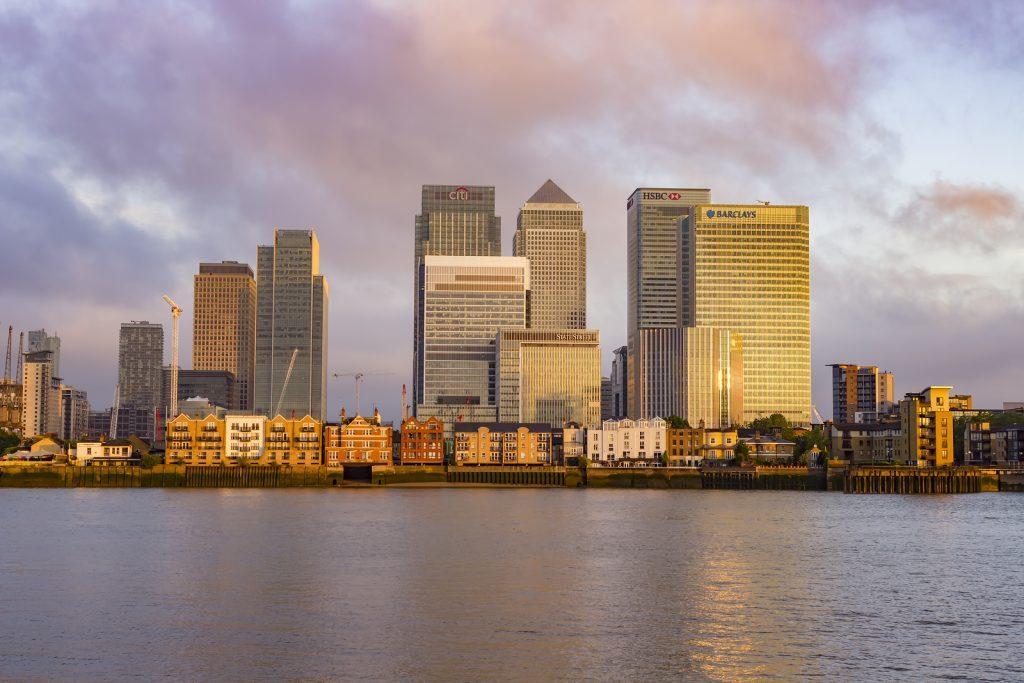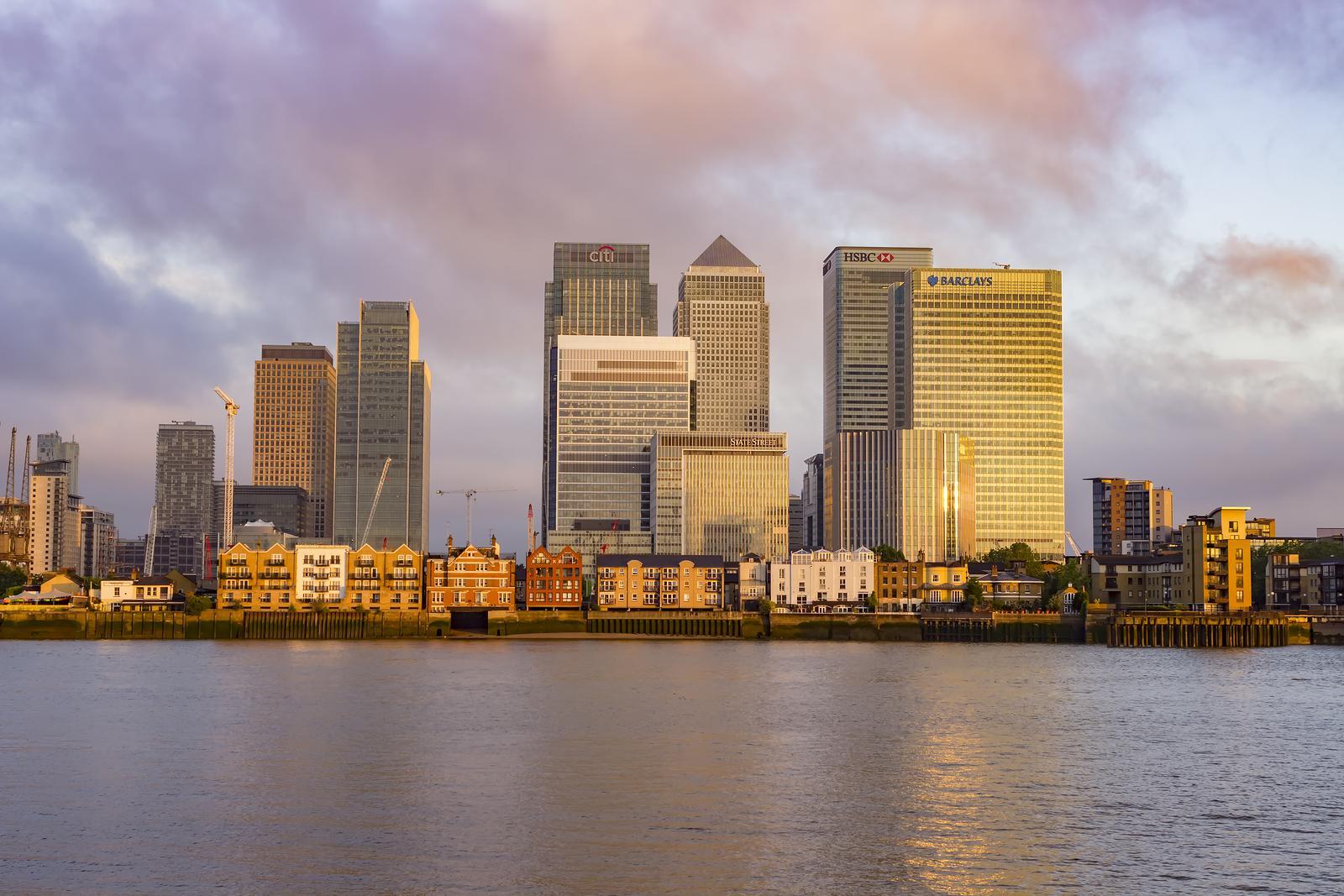Despite largely voting to Remain, London could end up seeing the worst effects of a post-Brexit world. It’s expected that economic problems will hit the city and have much great impact than in other parts of the country.
London’s economy showed fewer signs of being affected by previous downturns, in comparison to other UK regions. However, evidence and predictions indicate that the capital might not be as safe this time around.
safe this time around.
Early predictions warn that London’s growth slowing in the event of leaving the EU. This could mean London losing its status as Europe’s financial capital, particularly if the UK leaves the single market and banks lose the right to sell services freely in the EU.
12 regions were scored on business performance activity after the 23rd June. London was the worst performer out of 12 regions. Businesses cut jobs and have now suffered the greatest fall in output since the financial crisis around 2009.
Alexandra Jones, chief executive of the Centre for Cities thinktank said that “the European Union single market has been hugely important to London’s success in recent years and lack of access to that market would have a big impact on the capital’s economy.”
“Slower economic growth in London would also affect public spending across the UK, given the national exchequer’s increasing reliance on London’s tax revenues,” she said in reference to a study by the Centre for Cities which revealed that London generated nearly as much tax as the next 37 largest UK cities combined.
The housing market has suffered blows over the past few months but is showing signs of stabilising somewhat after the initial shock of the Brexit vote. However, Richard Donnell, insight director at the property consultancy Hometrack pointed out that this wasn’t just about Brexit.
“From analysis of the past 20 years, we know that events which have shocked the UK economy, such as the dotcom bubble bursting in 2000 and the Iraq war in 2003, impacted housing turnover in London far more heavily than the rest of the UK,” he said.
“Even before the EU referendum, high prices, low yields, unaffordability, tax changes for landlords and poor value for money for overseas buyers were creating strong headwinds in the London housing market, which will intensify following the vote to leave.”
Is it all bad news?
Not everyone agrees that the economic fallout will occur post-Brexit. Which things have been rocky in some areas, the effects have been more positive elsewhere. Sebastian Burnside, NatWest’s senior economist said that the capital had gained a 17% increase in the amount of jobs since 2008. This is more than twice the amount in the east of England, which is the second-best performing region.
“That performance isn’t based only on the financial sector. London’s strengths are much broader than that. Technology, professional services and the creative industries are all strong. The things that powered the economy in London won’t have gone away overnight, even if we don’t get a good deal out of negotiations,” he said.




Leave a Reply